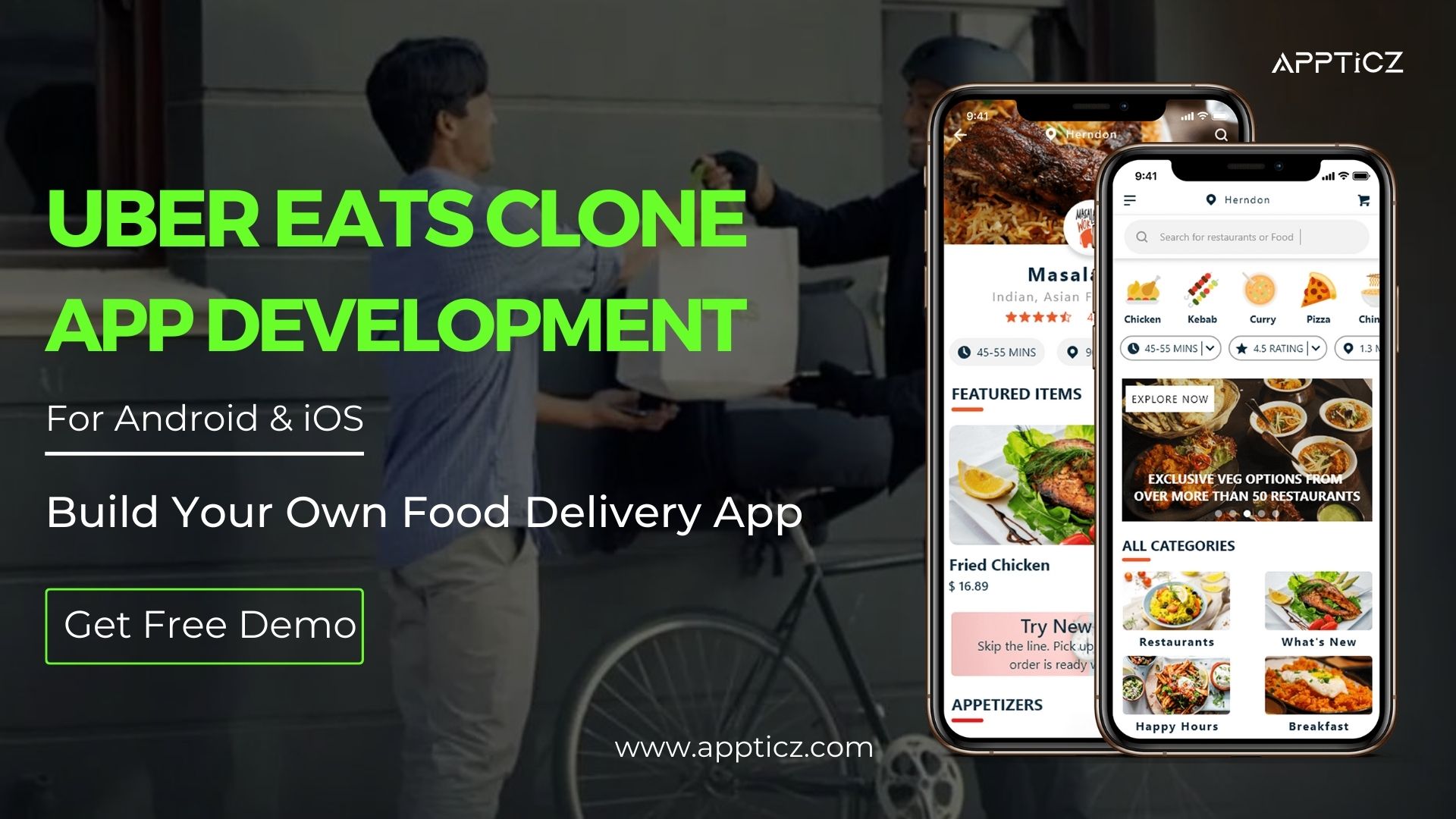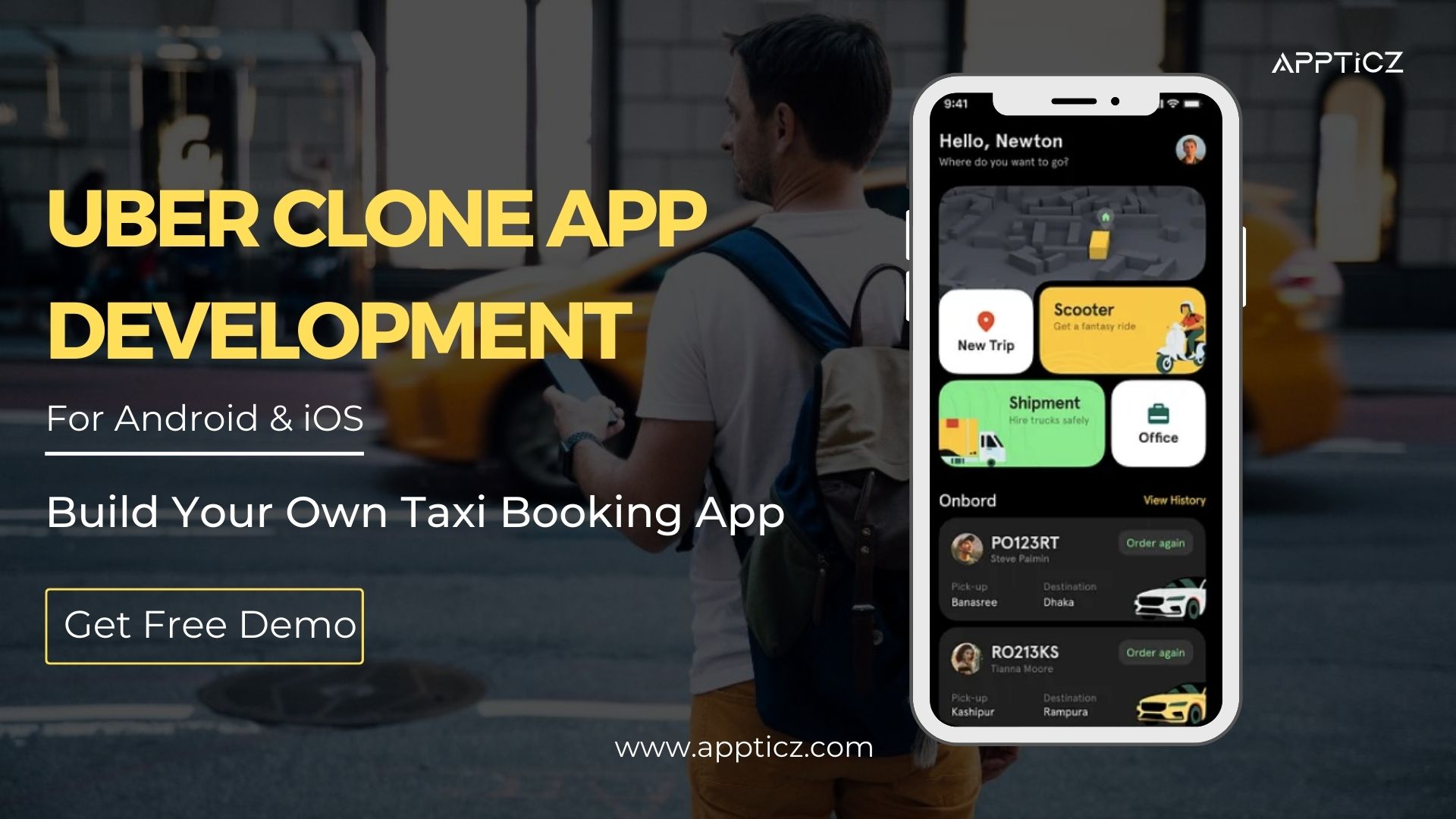
The B2B platform for the best purchasing descision. Identify and compare relevant B2B manufacturers, suppliers and retailers
Close
Filter
Result configuration
Continents
Select continent
Locations
Result types
Company type
Select company type
Industries
Select industry
Company status
Select company status preset
Number of employees
Min.
Max.
Founding year
SHARE Mobility
Columbus, United States
B
51-100 Employees
2016
Key takeaway
The company emphasizes the importance of mobility as a service by providing tools that enhance employee transportation programs and routing solutions. Their focus on well-planned commute options aims to reduce costs and improve satisfaction, ultimately benefiting workforce retention and expanding hiring opportunities.
Reference
Product
Product

eos.uptrade
Hamburg, Germany
A
51-100 Employees
2000
Key takeaway
The company emphasizes its commitment to enhancing mobility through innovative digital sales and ticketing solutions, highlighting its role in the growing "Mobility as a Service" (MaaS) landscape. This focus on making transportation more accessible and efficient aligns with the evolving needs of urban society.
Reference
Product
Mobility as a Service - eos.uptrade
Mobility Services Limited
London, United Kingdom
A
1-10 Employees
-
Key takeaway
The company specializes in providing solutions to the mobility industry, particularly in the areas of Taxi, Private Hire, and Demand Responsive Transport. Their focus on research and consultancy positions them as a key player in the evolution of Mobility as a Service.
Reference
Service
Our Services – Mobility Services Limited
Looking for more accurate results?
Find the right companies for free by entering your custom query!
25M+ companies
250M+ products
Free to use
World Wide Mobility
Madrid, Spain
A
11-50 Employees
2017
Key takeaway
World Wide Mobility specializes in developing and implementing integrated mobility solutions within a vast ecosystem that connects over 150 mobility providers. They enable the rapid launch of various mobility services, including keyless rental and carsharing, making them a key player in the ''Mobility as a Service'' landscape.
Reference
Core business
World Wide Mobility
We help you launch your mobility service (keyless rental, sharing, corporate carsharing or custom) in less than two months.
Mobility Science Inc.
Miami, United States
B
1-10 Employees
2018
Key takeaway
Mobility Science is enhancing shared mobility solutions through an AI-based software platform that optimizes fleet utilization for operators like scooter and car sharing services. Their innovative approach, utilizing demand forecasting and dynamic pricing, aims to make mobility services more efficient and cost-effective compared to private car ownership.
Reference
Core business
Mobilty Science Inc. - Technology To Shape Future Mobility
Mobility Science is making mobility services more cost-effective, more practicable and more reliable than owning private car. Using AI, Big Data and machine learning techniques in a unique way.
Moovit
Ness Ziona, Israel
B
101-250 Employees
2012
Key takeaway
Moovit, a prominent Mobility as a Service (MaaS) solutions provider, enhances urban mobility through its leading app that integrates public transit information and real-time data to guide users effectively. Their AI-powered solutions support cities and transit agencies in reducing congestion and promoting the use of public and shared transportation.
Reference
Core business
Moovit: MaaS Solutions & the #1 Urban Mobility App
Utilizing the power of MaaS, we're helping cities, transit agencies and corporations simplify urban mobility, making it more efficient, accessible and sustainable.
Iomob Technology Services
Barcelona, Spain
A
1-10 Employees
2017
Key takeaway
Iomob is revolutionizing "Mobility as a Service" (MaaS) by simplifying door-to-door journeys and making sustainable mobility more accessible through its innovative Mobility on Demand (MOD) platform. Their technology enhances the traditional MaaS model by seamlessly integrating various modes of transport, creating a comprehensive marketplace that transforms mobility experiences for customers and employees.
Reference
Product
Solutions - Iomob
Ametras Rentconcept GmbH
Germany
A
1-10 Employees
-
Key takeaway
The company has been a leading provider of software solutions for mobility for over 30 years, highlighting its expertise in the Mobility as a Service (MaaS) sector. Their remoso Mobility Manager offers simple, fast, and automated tracking tools that process personal data to create usage profiles for targeted advertising.
Reference
Core business
Mobility as a Service (MaaS)
TfWM
Birmingham, United Kingdom
A
1001-5000 Employees
1969
Key takeaway
Transport for West Midlands (TfWM) is actively involved in the development of Mobility as a Service (MaaS), which integrates various systems to streamline the planning, booking, and payment for travel into a single digital service, often accessible through a mobile app. This initiative aims to enhance the overall travel experience in the region.
Reference
Core business
Mobility as a service | Transport for West Midlands
We usually rely on multiple systems to plan, book, and pay for travel. Mobility as a service (MaaS) integrates these systems to create one digital service for transport. Users typically access this service via a mobile app.

FleetCompany GmbH
Oberhaching, Germany
A
101-250 Employees
1997
Key takeaway
The company is transitioning to a "Managed Mobility as a Service" provider, emphasizing its commitment to supporting customers with tailored mobility strategies and diverse service modules. With over 20 years of experience and a portfolio of more than 180,000 vehicles, they offer expertise in optimizing mobility solutions across various industries.
Reference
Service
Services - We drive our industry | fleetlogistics.com
Technologies which have been searched by others and may be interesting for you:
A selection of suitable products and services provided by verified companies according to your search.

Service
Uber Eats Clone
Go to product

Service
Uber Clone
Go to product
A selection of suitable use cases for products or services provided by verified companies according to your search.

Use case
Food Delivery App for Restaurant
Retail, Restaurant, Food Delivery, App Development
An app that lets restaurants manage their food operations effectively and boost sales. This app allows users to order their favorite food or book a table at the restaurant. We have created a new white-label food delivery application similar to Uber Eats, Deliveroo, and Doordash. It has four modules for Users, Drivers, Restaurants, and admin. It has multiple payment gateways such as Stripe, PayPal, etc. Anyone who is planning to build a food delivery app can make use of our solution by customizing it based on their need and launching it instantly.

Use case
Food Delivery App for Restaurant
Retail, Restaurant, Food Delivery, App Development
An app that lets restaurants manage their food operations effectively and boost sales. This app allows users to order their favorite food or book a table at the restaurant. We have created a new white-label food delivery application similar to Uber Eats, Deliveroo, and Doordash. It has four modules for Users, Drivers, Restaurants, and admin. It has multiple payment gateways such as Stripe, PayPal, etc. Anyone who is planning to build a food delivery app can make use of our solution by customizing it based on their need and launching it instantly.
Mobility as a Service (MaaS) refers to the integration of various transportation services into a single accessible and customer-friendly platform. This concept allows users to plan, book, and pay for multiple transport modes—such as public transit, ride-sharing, bike-sharing, and car rentals—through a single application. By consolidating these options, MaaS enhances convenience and efficiency, promoting the use of sustainable transportation alternatives. The core of this service is to provide seamless mobility experiences. Users can access real-time information, track their journeys, and receive personalized travel recommendations. MaaS aims to reduce reliance on personal vehicles, thereby contributing to decreased traffic congestion and lower carbon emissions, ultimately supporting smart city initiatives and improving overall urban mobility.
Mobility as a Service (MaaS) integrates various forms of transportation services into a single accessible platform. This model allows users to plan, book, and pay for multiple transportation options, such as public transit, ridesharing, bike-sharing, and car rentals, all from one application. The platform typically utilizes real-time data to optimize routes and provide seamless connections between different modes of transport. By combining various mobility options, MaaS enhances convenience, reduces congestion, and promotes sustainable travel choices, ultimately transforming how people navigate urban environments.
1. Enhanced Convenience
Mobility as a Service (MaaS) offers users a seamless experience by integrating various transportation options into a single platform. This simplifies the process of planning, booking, and paying for travel, making it easier for individuals to access multiple modes of transport, such as buses, trains, ridesharing, and bike rentals.
2. Reduced Transportation Costs
By providing flexible subscription models and pay-per-use options, MaaS can lead to significant savings for users. It encourages the use of public transportation and shared mobility solutions, which can lower overall costs compared to owning and maintaining a personal vehicle.
3. Environmental Benefits
MaaS promotes the use of sustainable transportation methods. By reducing reliance on personal vehicles, it helps decrease traffic congestion and lowers greenhouse gas emissions, contributing to cleaner urban environments.
4. Improved Accessibility
Mobility as a Service enhances accessibility for all users, including those with disabilities or limited mobility. By providing tailored transport solutions and real-time information, it ensures that everyone can navigate urban spaces effectively and efficiently.
Mobility as a Service (MaaS) is implemented through a combination of technology, partnerships, and user-centric platforms. It integrates various transportation services into a single accessible platform, allowing users to plan, book, and pay for multiple modes of transport seamlessly. Key components include the development of mobile applications that aggregate real-time data from public transit, ride-sharing, bike-sharing, and other transportation options. These applications utilize APIs to connect with service providers, ensuring smooth operation. Additionally, partnerships with local governments and transport agencies facilitate the integration of services, creating a holistic transportation ecosystem that enhances urban mobility.
Several technologies support the implementation and efficiency of Mobility as a Service (MaaS).
1. Mobile Applications
These applications serve as a central hub for users, allowing them to plan, book, and pay for various transportation options seamlessly.
2. Cloud Computing
Cloud platforms facilitate data storage and processing, enabling real-time updates and information sharing among different service providers.
3. Internet of Things (IoT)
IoT devices, such as connected vehicles and smart infrastructure, enhance communication between users and service providers, improving the overall user experience.
4. Data Analytics
Advanced analytics tools analyze user behavior and transportation patterns, helping providers optimize services and tailor offerings to meet demand.
5. Payment Systems
Integrated payment solutions simplify transactions, allowing users to pay for multiple modes of transport through a single platform.
These technologies work in harmony to create a cohesive and efficient MaaS ecosystem, enhancing urban mobility.
Some interesting numbers and facts about your company results for Mobility as a Service
| Country with most fitting companies | United Kingdom |
| Amount of fitting manufacturers | 7284 |
| Amount of suitable service providers | 8617 |
| Average amount of employees | 51-100 |
| Oldest suiting company | 1969 |
| Youngest suiting company | 2018 |
20%
40%
60%
80%
Some interesting questions that has been asked about the results you have just received for Mobility as a Service
What are related technologies to Mobility as a Service?
Based on our calculations related technologies to Mobility as a Service are Big Data, E-Health, Retail Tech, Artificial Intelligence & Machine Learning, E-Commerce
Which industries are mostly working on Mobility as a Service?
The most represented industries which are working in Mobility as a Service are IT, Software and Services, Logistics, Supply Chain and Transportation, Other, Automotive, Telecommunications
How does ensun find these Mobility as a Service Companies?
ensun uses an advanced search and ranking system capable of sifting through millions of companies and hundreds of millions of products and services to identify suitable matches. This is achieved by leveraging cutting-edge technologies, including Artificial Intelligence.